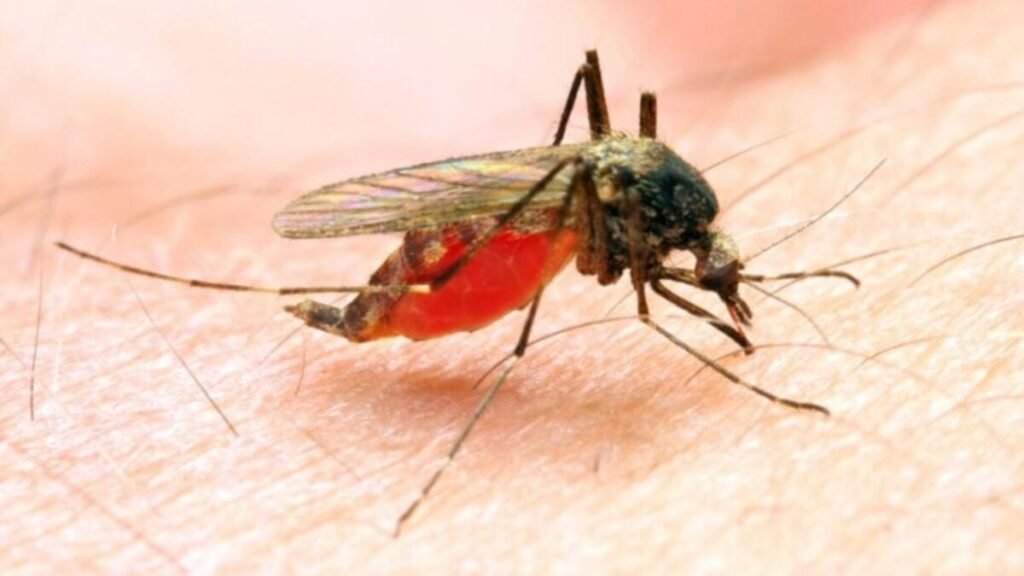Possible Local Case of Malaria in New Jersey: What You Need to Know.

A disease transmitted by mosquitoes and that had been eradicated seems to have intentions of returning to the US. Officials in New Jersey are now investigating whether a person’s case of malaria has resulted from local transmission.
The New Jersey Department of Health (NJDOH) and Environmental Protection reported the case on Monday. The person had not traveled recently, suggesting that they likely became ill from the bite of a local mosquito. If so, it would be the first case of locally acquired malaria in the state in over three decades. However, it would not be the first case reported in the country this year.
Parasite in the Blood
Malaria is caused by several species of the unicellular parasite Plasmodium. When an infected mosquito transmits the disease to a person, the parasites first invade certain tissues (usually the liver), reproduce, and then infect red blood cells. A small percentage of the parasites in the bloodstream will develop to a stage in their life where they can re-infect and grow inside mosquitoes that bite the person. And so, the cycle restarts.
The infection damages red blood cells, and symptoms of malaria include fatigue, chills, and flu-like discomfort. Although most people survive malaria, there can be dangerous complications such as seizures, kidney failure, and sepsis. Even with the treatments available today, malaria still claims 600,000 lives each year worldwide, making it one of the deadliest diseases.
There was a time when malaria was a common danger in the US, particularly in hot areas during the summer. But thanks to a public health campaign that included mosquito spraying programs and the removal of breeding sites, by the 1950s the disease was eradicated. Since then, almost all reported malaria cases in the US are travel-related, originating in areas where the disease is endemic.
Mystery of the Mosquito
The female Anopheles mosquito is the one that transmits malaria by biting people, and there are native species in the US that can also transmit the disease, appearing in New Jersey.
Although officials are unsure of the origin of this case, it is possible that a person who had traveled and had malaria was bitten by a female mosquito, which then bit another person. Health officials report about 100 travel-related cases each year. If this case is confirmed as locally transmitted, it would be the first documented in New Jersey since 1991.
Authorities say the risk to the general public is minimal, but recent domestically acquired cases have emerged. In 2023, for example, there were three separate outbreaks in Florida, Texas, and Maryland (the first locally acquired cases in the US documented in two decades). This month, Washington authorities reported a possibly locally transmitted malaria case, the first in that state.
Although the risk is low, we must strive for prevention. There are other diseases that mosquitoes can transmit in the US, including West Nile Virus, Eastern Equine Encephalitis (EEE), and dengue. Personally, it is recommended to use insect repellent and clothing with long sleeves. It is also important to clean areas around homes where mosquitoes could breed.
“I urge the public to continue to take action to eliminate standing water near their homes, as this greatly reduces the risk of mosquito breeding,” said Shawn M. LaTourette, NJ Commissioner of Environmental Protection. “As summer ends, this simple yet necessary step will help ensure quality of life and protect everyone’s health.”
This article has been translated from Gizmodo US by Lucas Handley. You can find the original version.





